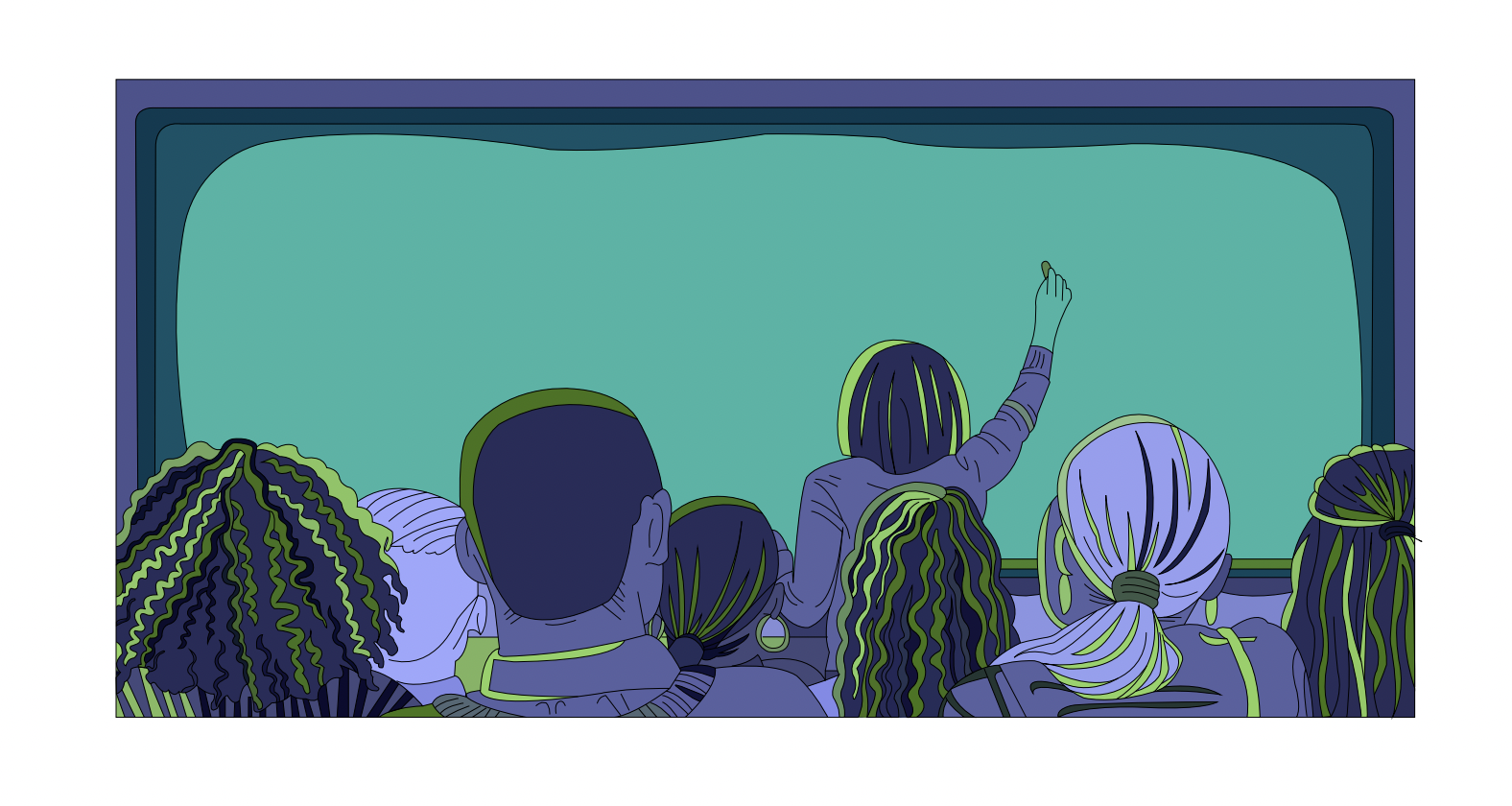In a poll by @FSJournalism on Instagram, 92% of students believe that the sexual education program at school is insufficient. This statistic is shockingly high due to the importance of comprehensive sex education to prevent teen pregnancy, reduce STIs and help students understand gender and sexuality.
If so many students believe that they are being taught the bare minimum, then why has action not been taken?
According to the Centers for Disease Control, almost half of teenagers ages 15 through 19 have had sex. With so many students being sexually active, a comprehensive education will allow students to engage safely.
The district’s curriculum must cover eight topics to reach state standards, but the unit lasts only four class periods. From barely giving resources on pregnancy or contraceptives to glossing over consensual sex, the Sex Ed program does not provide students with a nearly adequate education.
Particularly, LGBTQ+ students are left without any sexual education at all. The current curriculum only talks about heterosexual sex and doesn’t cover any topics of sexuality or gender.
Throughout my freshman year health class, we dragged on units about nutrition and drugs. However, when it came time for the sex Ed unit, it only scratched the surface of information that could be learned from a quick Google search.
According to the World Health Organization, a comprehensive sex education program should prepare young people for their lives and empower them to take control and make informed decisions about their sexuality and relationships freely. The current curriculum fails to provide any empowerment or information for them to make decisions.
Instead of encouragement, the curriculum attempts to scare teens out of having sex rather than give resources and harm-reductive care, such as explaining abortion laws in Kansas, the various types of termination care and the importance of healthy relationships. Alternatively, they shame students by sharing statistics on the dropout rate of teen moms.
But, the honest truth is that no matter how little you teach about ways to have safe sex and provide options for people who are pregnant, teenagers are still going to have sex. All the district’s curriculum is doing is creating a breeding ground for STDs, teen pregnancy, unhealthy ideas about sex and unhealthy sexual relationships.
As students, we deserve a sexual education that is beneficial, not shameful. Instead of making the sex education unit rushed and one week long, students could benefit by making it more extensive. Bring in people from domestic violence services to teach about healthy relationships, have the health department talk more about the services they provide or bring in someone to teach about sexuality and gender. Sexual education is in the state standards for a reason, and depriving students of a comprehensive education is only hurting them in the long run.






















